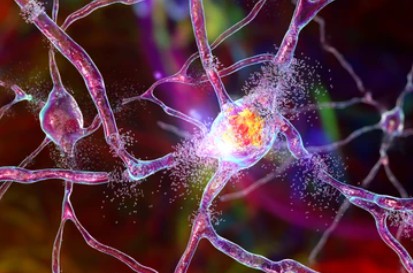Gene Therapy Formulation - CD Formulation
Call Us:
- Home
- Services
- Gene Delivery Systems for Gene Therapy Formulation Development
- Viral Gene Delivery Systems Development
- Non-Viral Gene Delivery Systems Development
- Bacterial Vector Development
- Naked DNA Development Service
- Liposome-Mediated Gene Delivery Development Service
- Exosome Delivery Vector Development Service
- Nanoparticle Delivery System Development
- Cell-Penetrating Peptide Delivery System Development
- Polymeric Gene Carriers Development
- Stem Cell Vehicle Development
- Gene Therapy Formulation Development
- Gene Therapy Formulation Process Development
- Gene Therapy Formulation Testing
- Adeno-Associated Virus Capsid Protein Identification
- Viral Titer Testing
- Adeno-Associated Virus Empty Capsid Analysis
- Cell Bank Preparation for Gene Therapy
- Gene Therapy Residuals Testing for Bioprocess Validation
- Gene Therapy Formulation Sequencing
- Gene Therapy Expert Biosafety Testing
- Raw Material Testing for Gene Therapy Manufacturing
- Gene Therapy Product Biological Activity Testing
- Plasmid GMP Testing for Gene Therapy
- Adeno-Associated Virus Tissue Distribution Identification
- Gene Therapy Formulation Quality Control
- Gene Therapy Formulation Impurity Testing
- Gene Therapy Formulation Process-Related Impurities Testing
- Gene Therapy Formulation Polyethylenimine Residue Testing
- Gene Therapy Formulation Plasmid DNA Residue Testing
- Gene Therapy Formulation Host DNA Residue Testing
- Gene Therapy Formulation Host RNA Residue Testing
- Gene Therapy Formulation Host Cell Residual Protein Testing
- Gene Therapy Formulation Exogenous Gene Detection
- Gene Therapy Formulation Endotoxin Testing
- Replication Competent Lentivirus Testing
- Gene Therapy Formulation Antibiotic Residue Testing
- Gene Therapy Formulation Nuclease Residue Testing
- Gene Therapy Formulation Specific Process-Related Residual Testing
- Gene Therapy Formulation Sterility Testing
- Gene Therapy Formulation Reverse Transcriptase Activity Assay
- Gene Therapy Formulation Exogenous Factor Testing
- Gene Therapy Formulation Abnormal Toxicity Assay
- Viral Vector Purity Evaluation
- Gene Therapy Formulation Viral Safety Evaluation
- Gene Therapy Formulation Variant and Subpopulation Detection
- Viral Vector Testing
- Gene Therapy Formulation Process-Related Impurities Testing
- Gene Therapy Formulation Stability Testing
- Gene Therapy Formulation Impurity Testing
- Gene Therapy Formulation Preclinical Research Services
- Gene Therapy cGMP Manufacturing
- Gene Delivery Systems for Gene Therapy Formulation Development
- Technology
- Applications
- Company
- Inquiry


